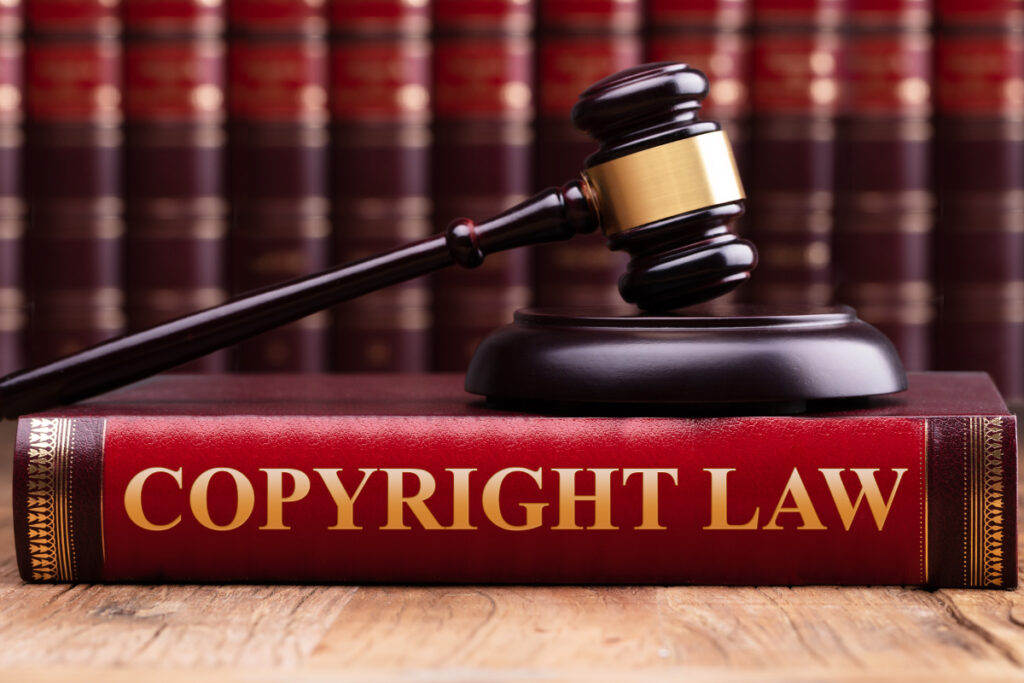The National Music Publishers’ Association (NMPA) has sent a letter to Congress. They’re urging lawmakers to revamp the Copyright Act’s statutory licensing system. It was written to the leaders of the Senate and House Judiciary Committees. The NMPA has called for an overhaul of the provisions that govern mechanical royalty rates for songwriters and music publishers in the United States.
Songwriters and Publishers Exploited by Big Tech
The letter was penned by NMPA President and CEO David Israelite. It argues that the current system “prevents private negotiations in a free market” and leaves songwriters and publishers vulnerable to exploitation by large tech companies. Israelite contends that while record labels can negotiate protections against “bad faith tactics,” music publishers and songwriters lack such leverage. This is due to the government-mandated rate-setting process.
Under the current framework, mechanical royalty rates for songwriters and publishers are determined by the government’s Copyright Royalty Board. This process has been a source of contention. Many in the industry argue that the rates set by the Board remain inadequate despite recent increases.
NMPA Battles Streaming Services for Higher Publishing Royalties
The NMPA’s call for reform comes amid ongoing tensions between the publishing community and streaming services like Spotify. Publishers take issue with the lower royalties associated with bundled offerings that combine music and audiobooks.
The NMPA seeks to enable publishers and songwriters to negotiate mechanical royalty rates directly with digital service providers. This is what record labels do. However, the proposed overhaul faces opposition from industry groups like the Digital Media Association (DiMA). Its members include Spotify, Apple Music, and others.
The Licensing and Copyright Reform Debate Continues
Graham Davies, President and CEO of DiMA, expressed disappointment with the NMPA’s proposal. He states that it would dismantle the Music Modernization Act (MMA), a landmark piece of legislation that enjoyed unanimous support from the music industry just five years ago. Davies reaffirmed DiMA’s commitment to the MMA and its statutory licensing system.
The debate over royalty rates and copyright reform continues to intensify. It remains to be seen whether Congress will heed the NMPA’s call for an overhaul or maintain the existing statutory licensing framework established by the MMA.
To read the NMPA’s letter, see the original article.

